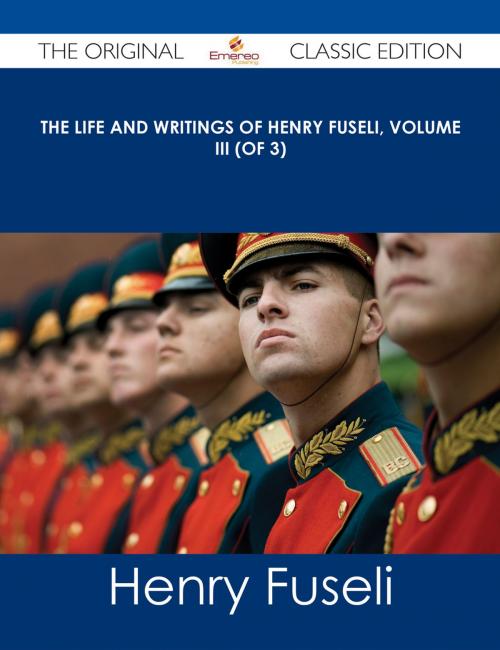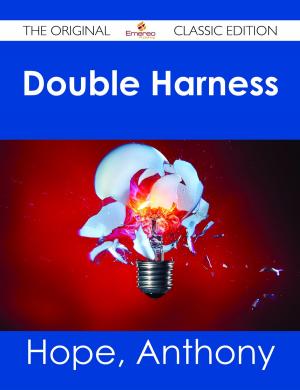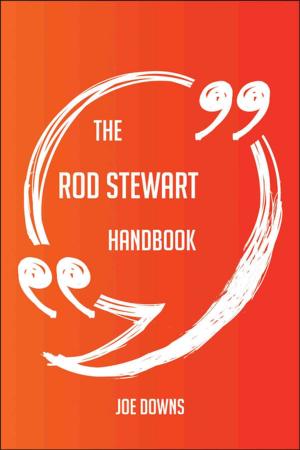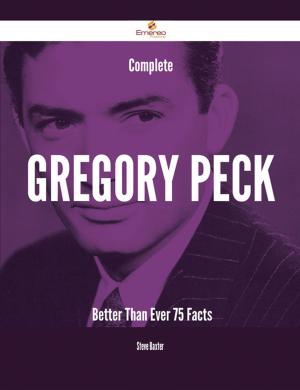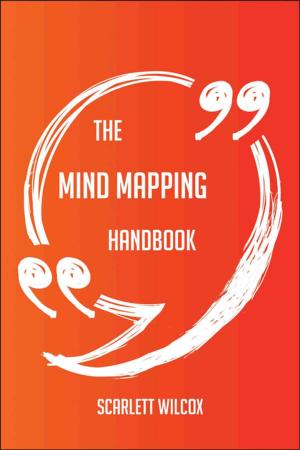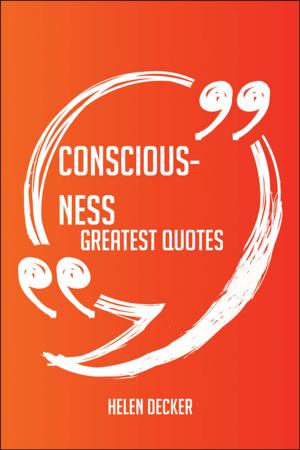The life and writings of Henry Fuseli, Volume III (of 3) - The Original Classic Edition
Nonfiction, Reference & Language, Reference, Fiction & Literature| Author: | Henry Fuseli | ISBN: | 9781486447428 |
| Publisher: | Emereo Publishing | Publication: | March 18, 2013 |
| Imprint: | Emereo Publishing | Language: | English |
| Author: | Henry Fuseli |
| ISBN: | 9781486447428 |
| Publisher: | Emereo Publishing |
| Publication: | March 18, 2013 |
| Imprint: | Emereo Publishing |
| Language: | English |
Finally available, a high quality book of the original classic edition of The life and writings of Henry Fuseli, Volume III (of 3). It was previously published by other bona fide publishers, and is now, after many years, back in print.
This is a new and freshly published edition of this culturally important work by Henry Fuseli, which is now, at last, again available to you.
Get the PDF and EPUB NOW as well. Included in your purchase you have The life and writings of Henry Fuseli, Volume III (of 3) in EPUB AND PDF format to read on any tablet, eReader, desktop, laptop or smartphone simultaneous - Get it NOW.
Enjoy this classic work today. These selected paragraphs distill the contents and give you a quick look inside The life and writings of Henry Fuseli, Volume III (of 3):
Look inside the book:
Of the Tuscan School that succeeded these, the main body not only added nothing to their discoveries, but, if their blind attachment to the singularities rather than the beauties of the third be excepted, equally inattentive to expression, character, propriety of form, the charms of chiaroscuro, and energies of colour, contented themselves to give to tame or puerile ideas, obvious and common-place conceptions, a kind of importance by mastery of execution and a bold but monotonous and always mannered outline; and though Andrea del Sarto, with Francia Bigio, Giacopo da Pontormo, and Rosso, may be allowed to have thought sometimes for themselves and struck out paths of their own, will it be asserted that they enlarged or even filled the circle traced out before? ...However deviating from each other, Tiziano, Tintoretto, Jacopo da Ponte, and Paolo Veronese, acknowledge but one element of imitation, Nature herself: this principle each bequeathed to his school, and no attempt to adulterate its simplicity by uniting different methods, distinguishes their immediate successors: hence they preserved features of originality longer than the surrounding schools, whom the vain wish to connect incompatible excellence, soon degraded to mediocrity, and from that plunged to insignificance. ...The fact is, form and style were by Raffaello employed chiefly, if not always, as vehicles of character and pathos; the Drama is his element, and to that he has adapted them in a mode and with a propriety which leave all attempts at emendation hopeless: if his lines have been excelled or rivalled in energy, correctness, elegance,—considered as instruments of the passions, they have never been equalled, and as parts of invention, composition and expression relative to his story, have never been approached.
Finally available, a high quality book of the original classic edition of The life and writings of Henry Fuseli, Volume III (of 3). It was previously published by other bona fide publishers, and is now, after many years, back in print.
This is a new and freshly published edition of this culturally important work by Henry Fuseli, which is now, at last, again available to you.
Get the PDF and EPUB NOW as well. Included in your purchase you have The life and writings of Henry Fuseli, Volume III (of 3) in EPUB AND PDF format to read on any tablet, eReader, desktop, laptop or smartphone simultaneous - Get it NOW.
Enjoy this classic work today. These selected paragraphs distill the contents and give you a quick look inside The life and writings of Henry Fuseli, Volume III (of 3):
Look inside the book:
Of the Tuscan School that succeeded these, the main body not only added nothing to their discoveries, but, if their blind attachment to the singularities rather than the beauties of the third be excepted, equally inattentive to expression, character, propriety of form, the charms of chiaroscuro, and energies of colour, contented themselves to give to tame or puerile ideas, obvious and common-place conceptions, a kind of importance by mastery of execution and a bold but monotonous and always mannered outline; and though Andrea del Sarto, with Francia Bigio, Giacopo da Pontormo, and Rosso, may be allowed to have thought sometimes for themselves and struck out paths of their own, will it be asserted that they enlarged or even filled the circle traced out before? ...However deviating from each other, Tiziano, Tintoretto, Jacopo da Ponte, and Paolo Veronese, acknowledge but one element of imitation, Nature herself: this principle each bequeathed to his school, and no attempt to adulterate its simplicity by uniting different methods, distinguishes their immediate successors: hence they preserved features of originality longer than the surrounding schools, whom the vain wish to connect incompatible excellence, soon degraded to mediocrity, and from that plunged to insignificance. ...The fact is, form and style were by Raffaello employed chiefly, if not always, as vehicles of character and pathos; the Drama is his element, and to that he has adapted them in a mode and with a propriety which leave all attempts at emendation hopeless: if his lines have been excelled or rivalled in energy, correctness, elegance,—considered as instruments of the passions, they have never been equalled, and as parts of invention, composition and expression relative to his story, have never been approached.
